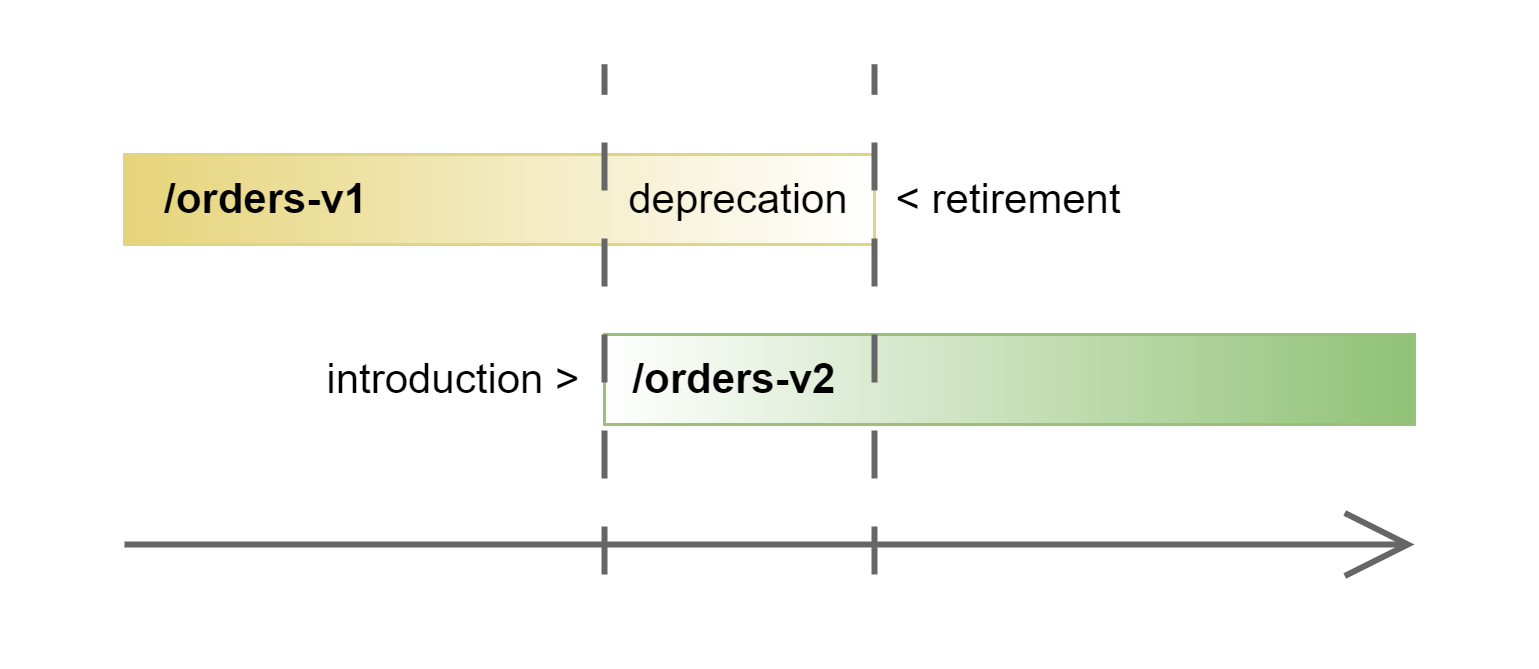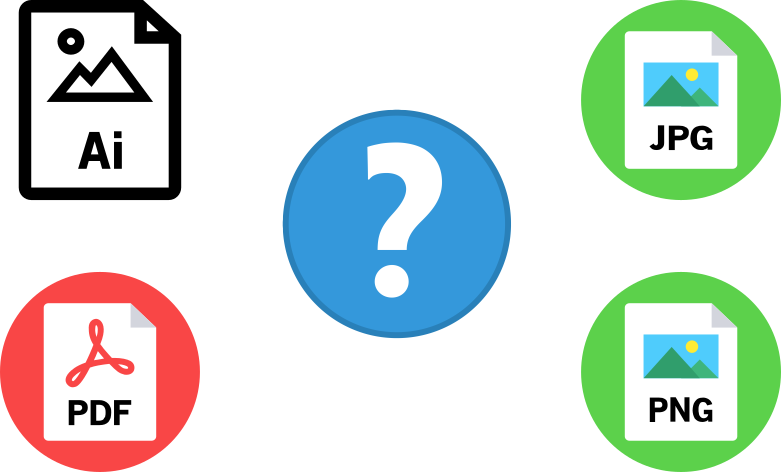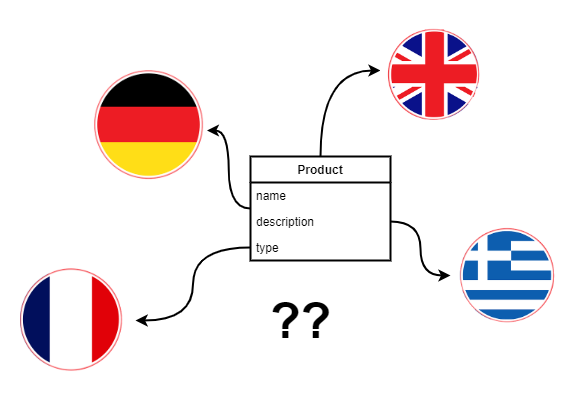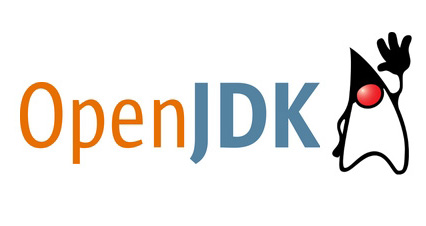Blog

Dec 29, 2024, 7:35 PM
On-call duty in the IT industry is an integral part of the work for many specialists. It requires the on-call person to have their laptop and phone at hand after hours on a given day - even on weekends or holidays. Most companies offer their employees additional compensation for on-call duty, but what is the amount? We conducted a survey among IT specialists, including programmers, administrators, and DevOps specialists. In this article, we present the results for these three groups and identify the most common practices related to on-call duty.

Oct 5, 2024, 2:23 PM
Versioning is crucial for maintaining a stable and evolving REST API. As your API matures, changes become inevitable, whether due to bug fixes, new features, or performance enhancements. Proper versioning allows you to introduce these changes without breaking existing client integrations. This article explores several common REST API versioning strategies, discussing their pros and cons.

Feb 4, 2024, 5:00 PM
Open projects are a phenomenon that entered the arena of computer history at the turn of the 1980s and 1990s, in the form of the free software movement. At that time, business players in the IT industry saw them as a whim of a few members of the academic community, which had no place in commercial conditions. The vision of open projects, within which software could be used and copied for free, and users would be treated as collaborators, seemed to have no chance of developing and improving valuable computer products.

Jan 7, 2024, 3:36 PM
Often, employees of marketing agencies or beginner graphic designers lack technical knowledge about the operation of individual graphic file formats and their appropriate application. This becomes apparent when they submit vector graphics for online publication in JPG format or when they deliver a PDF file for printing with an RGB color palette and attached custom fonts. The purpose of this article is to provide a quick cheat sheet for such individuals, so that the works they submit do not lose quality as a result of conversion to inappropriate formats and to prevent situations where the prints turn out differently than the document preview on the monitor.

Oct 31, 2023, 10:18 PM
The ability to precisely locate browser users is a key functionality of many applications and online services. Choosing the right geolocation method is not always straightforward. In this article, we will examine the strengths and weaknesses of the browser’s Geolocation API versus server-side IP-based geolocation, and also compare the effectiveness of various services supporting the latter option.

Aug 13, 2022, 10:17 PM
In this article we continue our research on how to implement field level text search by using a datatype specific to Postgres - a HStore column. Next we'll use GIN / GiST indexes which ware described in the opening article of this series and we'll try to implement the described concept using Spring Data JPA, Hibernate and Postgres.

Apr 3, 2021, 8:03 PM
In this article we continue our research on how to implement field level text search by creating a companion translations table for each class. We'll use GIN / GiST indexes which ware described in the opening article of this series and we'll try to implement the described concept using Spring Data JPA, Hibernate and Postgres.

Sep 27, 2020, 1:00 PM
Software systems that operate in an international environment often must support multilingual data models. For example, users of a procurement system must be able to describe the products they want to buy in many languages because they want to receive offers from suppliers that reside in different countries. Designing a system that can effectively display data in a given users language and also allow him to do full text searches is a challenge - many commonly used patterns will have a high performance penalty and slow down your system. In this first of a series of articles we will describe how Postgres supports full text search in general and what are the most common anti-patterns for multilingual SQL models.

Oct 21, 2019, 11:42 AM
The times when Java was available on almost every desktop are long gone but you can still distribute your desktop applications written in Java in a user friendly way. Since the release of OpenJDK and OpenJFX 9 we can benefit from the JVMs modularization efforts and easily build executables with a bundled JVM trimmed to the needs of our application. In this article we will show you how we ported our small desktop app called PDF Decorator initially to OpenJDK 11 and used tools like jlink and jpackage to start distributing our app without requiring any third party software on our clients machines.

Jun 22, 2019, 10:13 AM
Problem: we want queries to our entities to eagerly fetch only the fields that we need in the given context (for example to show in a specific UI data table).
Requirement: our solution must be able to accept dynamic filter compositions.
Possible solutions: Named Entity Graphs from the JPA standard or Projections mechanism from Spring Data.
Lets research them!



